Learning
Showing 31 to 37 of 37 results
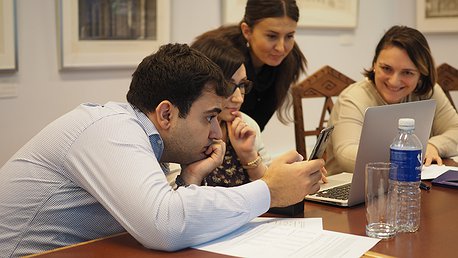
The next act for OPERA: Part 2—How do we get there?
CESR wants to deepen its understanding of who is currently using OPERA or its related methodological tools, and how. We’re inviting interested collaborators to sign up to learn more about getting involved in the OPERA House project.
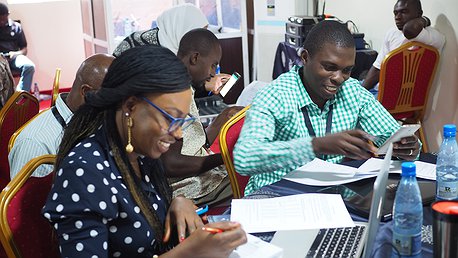
The next act for OPERA: Part 1—From where to where?
What tools do human rights activists need to better understand, and, more importantly, tackle, the unjust socioeconomic structures that cause so many of the world’s human rights violations? The Center for Economic and Social Rights is excited to embark on a new project over the next six months—the OPERA House—that seeks to answer that question.

Defending Dignity: Introduction
CESR and the Asia Pacific Forum (APF) present a new manual - ‘Defending Dignity’ - designed to strengthen the role of National Human Rights Institutions in monitoring and enforcing economic, social and cultural rights. The manual is complemented by a series of motion graphics and explanatory videos.This introduction unpacks the question of what is monitoring, and what should it mean for NHRIs getting to grips with economic, social and cultural rights. It covers a wide range of activities that NHRIs commonly undertake as part of their mandated functions.
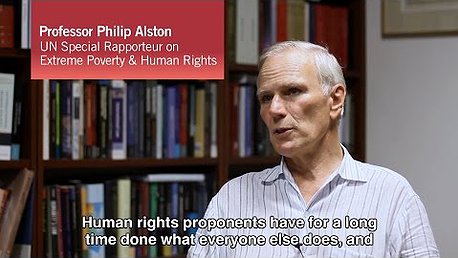
Defending Dignity Part I: Defining the issues
CESR and the Asia Pacific Forum (APF) present a new manual - ‘Defending Dignity’ - designed to strengthen the role of National Human Rights Institutions in monitoring and enforcing economic, social and cultural rights. The manual is complemented by a series of motion graphics and explanatory videos. This section explains how a human rights-based approach can be used to frame questions about poverty and socio-economic deprivation in a way that holds the relevant actors responsible for human rights violations.
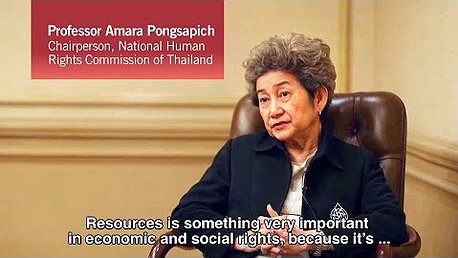
Defending Dignity Part III: Assessing resources
CESR and the Asia-Pacific Forum (APF) present a new manual - ‘Defending Dignity’ - designed to strengthen the role of National Human Rights Institutions in monitoring and enforcing economic, social and cultural rights. The manual is complemented by a series of motion graphics combined with explanatory videos. This section tackles the often-challenging issue of assessing resources. It introduces the policy areas that are relevant to consider when assessing resources, before showing how budget analysis approaches can be used to investigate how resources are allocated, generated and spent.
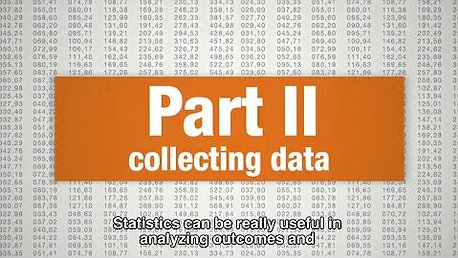
Defending Dignity Part II: Collecting and analyzing data
CESR and the Asia Pacific Forum (APF) present a new manual - ‘Defending Dignity’ - designed to strengthen the role of National Human Rights Institutions in monitoring and enforcing economic, social and cultural rights. The manual is complemented by a series of motion graphics and explanatory videos. Part II of the manual tackles collecting and analysing data. After defining the right question to ask, the next step is to collect the data that can help answer that question.
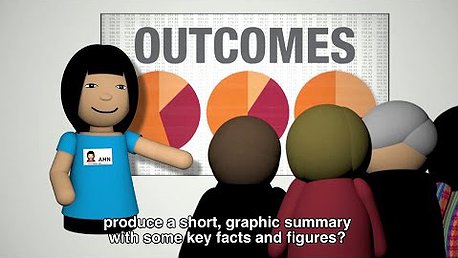
Defending Dignity Part IV: Communicating findings
CESR and the Asia Pacific Forum (APF) present a new manual - ‘Defending Dignity’ - designed to strengthen the role of National Human Rights Institutions in monitoring and enforcing economic, social and cultural rights. The manual is complemented by a series of motion graphics combined with explanatory videos. This final section addresses what will be the most tangible “output” of any monitoring activity - the report – examining the factors that will make it most compelling and so contribute to effective advocacy.